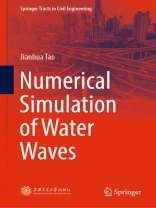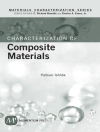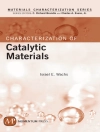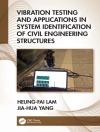This book discusses the numerical simulation of water waves, which combines mathematical theories and modern techniques of numerical simulation to solve the problems associated with waves in coastal, ocean, and environmental engineering. Bridging the gap between practical mathematics and engineering, the book describes wave mechanics, establishment of mathematical wave models, modern numerical simulation techniques, and applications of numerical models in engineering. It also explores environmental issues related to water waves in coastal regions, such as pollutant and sediment transport, and introduces numerical wave flumes and wave basins. The material is self-contained, with numerous illustrations and tables, and most of the mathematical and engineering concepts are presented or derived in the text. The book is intended for researchers, graduate students and engineers in the fields of hydraulic, coastal, ocean and environmental engineering with a background in fluid mechanicsand numerical simulation methods.
表中的内容
Introduction.- Water wave theories.- Numerical Simulation of Long Waves in Shallow Water.- Numerical Simulation of Shallow Water Waves in Coastal Regions.- Numerical Simulation of Wave Run-up and Breaking on Beach.- Numerical Simulation of Wave Forces on Structures.- Numerical Simulation of Pollutant Transport under Waves and Tidal Currents in Coastal Regions.- Numerical Simulation of Coastal Morphological Evolution.- Incompressible Viscous Fluid Model of Water Waves.- Numerical Wave Flume and Numerical Wave Basin.- Applications of Numerical Wave Model in Coastal regions of China.
关于作者
After receiving her Baccalaureate degree in Hydraulic Engineering from Tianjin University in 1957, Professor Jianhua Tao joined the university faculty, where she established the Computational Hydrodynamics (CHD) discipline in the 1980s and pioneered the link between CHD and coastal engineering to address aquatic environmental and coastal ecological issues. In 1999, she became the Director of the Institute of Environmental Science and Engineering at Tianjin University. Professor Tao has extensive international experience, collaborating with colleagues in the UK, USA, Japan and India, as well as in Hong Kong. The United Nations Development Program (UNDP) invited her to serve as an Expert on Mission at the Central Water and Power Research Station (CWPRS) in Pune, India, in 1992 and 1994, respectively. There she trained technicians and served as a project consultant to the River and Marine Mathematical Modelling Centre, which was financed by UNDP. Her areas of interest include:
(1) Marine, estuarine and coastal engineering, and eco-environments
(2) Numerical simulation of aquatic eco-environmental quality and pollution prevention;
(3) Numerical simulation of fluid flow and water waves for hydraulic engineering.
Dr. Haiwen Zhang specialises in coastal and hydraulic modelling. She has worked extensively in the field of numerical modelling for the analysis of waves and hydrodynamic conditions in connection with coastal and marine work and environmental issues, and has published numerous papers.












